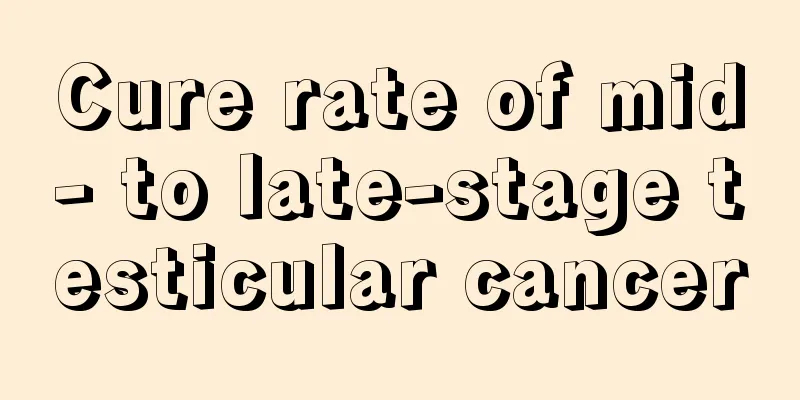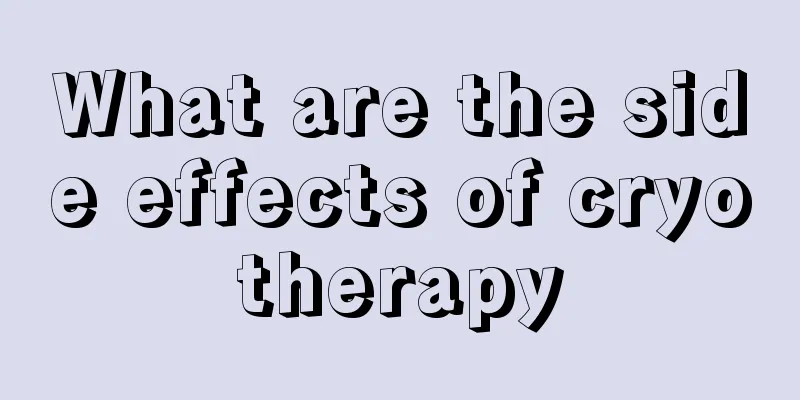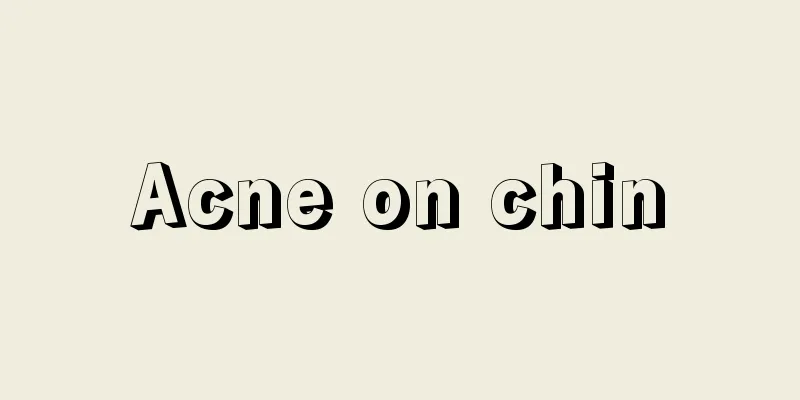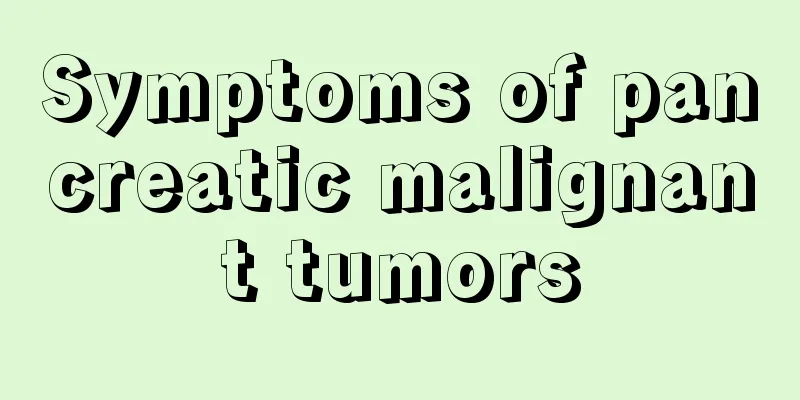Cure rate of mid- to late-stage testicular cancer

|
Testicular cancer is a malignant tumor that occurs in the testicles of the male reproductive system. It is a common tumor in the male reproductive system, accounting for about 2% of male malignant tumors. Testicular cancer is more common in young men aged 20 to 40. As one of the most common cancers in young men, the cause of testicular cancer is not well known. According to statistics, the incidence of testicular cancer in men is 7 in 100,000, and it is increasing year by year. So let's find out whether testicular cancer in the middle and late stages can be cured? The treatment of testicular cancer mainly adopts surgery, radiotherapy and chemotherapy. In the middle and late stages of testicular cancer, the lymph nodes often metastasize to the pelvic and abdominal cavities. Therefore, the lymph nodes in the abdominal cavity must be checked according to the nature of the tumor during surgery. In addition, testicular tumor cells may also reach the supraclavicular lymph nodes in the chest and neck through the abdominal lymphatic pathway. These can be diagnosed with the help of lymph node scanning and angiography. Testicular cancer is very sensitive to radiation. After surgery, the lymph nodes that are prone to metastasis must be irradiated with radiation to ensure that there is no risk of failure. The survival rate of patients who undergo radiation is 3 to 4 times higher than that of patients who do not undergo radiation. Treatments for testicular cancer include: 1. Surgery for testicular cancer The procedure of removing part of a testicle through the groin is called terminal inguinal orchiectomy. Patients who undergo this treatment may worry that removing one testicle will affect their sexual ability and may cause infertility. However, men with only one healthy testicle can still have normal erections and produce sperm. Therefore, surgical removal of one testicle will not make the patient impotent or infertile. In addition, during the operation, the doctor can place an artificial testicle in the scrotum. This artificial testicle weighs and feels like a normal testicle, and people who don't know it can't tell the difference between an artificial testicle and a natural testicle by appearance. Some lymph nodes deep in the abdomen are also removed. Although this surgery does not affect the patient's normal erection and orgasm, it can cause infertility because it may hinder ejaculation. Can advanced testicular cancer be cured? 2. Radiation therapy for testicular cancer Radiation therapy is a method of using high-energy rays to kill cancer cells and shrink the tumor. Radiation therapy is a local treatment, which affects only cancer cells in the treated area. When treating testicular cancer, doctors use an accelerator outside the patient's body to send high-energy rays to the lymph nodes in the abdomen. Spermatogonia are very sensitive to radiation. Non-spermatogonia are not sensitive to radiation, so radiation therapy is not usually used for non-spermatogonia. Radiation therapy should be used after the orchiectomy. Radiation therapy affects not only cancer cells, but also normal cells. The side effects of radiation therapy are usually determined by the dose of treatment. Common side effects include fatigue, skin changes in the treated area, nausea, and diarrhea. Radiation therapy can affect the patient's sperm production, but most patients will still be able to have children for 1 to 2 years. 3. Chemotherapy for testicular cancer Chemotherapy is a method of killing cancer cells throughout the body through anticancer drugs. Chemotherapy is generally used after surgery to kill remaining cancer cells after surgery. This method is called adjuvant therapy. If the cancer is in the late stage, chemotherapy can also be used as the initial treatment. Most anticancer drugs are injected directly into the vein. Can late-stage testicular cancer be cured? If the patient has testicular cancer, surgical resection is required if there is no metastasis. Secondly, if there is ulceration and metastasis, palliative treatment is required. The possibility of cure is not high, and the main thing is to prolong time and improve the quality of life. |
<<: Overview of the high incidence of thyroid cancer
>>: Can testicular cancer be cured?
Recommend
A brief analysis of the three common misunderstandings about cervical cancer
As the number of cervical cancer patients continu...
What are the symptoms of advanced ovarian cancer
In recent years, ovarian cancer has become one of...
What to do if your heels hurt after standing for a long time? Daily care is very important
We all usually have this phenomenon that the heel...
Is it okay to take a walk right after dinner?
In daily life, many people have the habit of taki...
What is the difference between a cervical cyst and an ovarian cyst?
Female friends are often troubled by some gynecol...
Can an adult be breastfed when he has a fever?
Breastfeeding women, like pregnant women, need to...
What physical defects can lead to a long life?
As the saying goes: No gold is pure, and no one i...
What should I do if there is fluid accumulation in the shoulder joint
If the fluid accumulation in the shoulder joint i...
The difference between tangerine peel and tangerine peel
Tangerine peel has a delicious taste and is a fam...
Ovarian cancer may cause abdominal distension in the middle stage
Ovarian cancer may cause abdominal distension in ...
Is there any ultraviolet light on a cloudy day
There are many elements in nature, including infr...
How is the tuberculosis skin test performed
We must have all been to the hospital and seen do...
Uses of expired flaxseed oil
The main uses of expired linseed oil are applying...
It turns out that golden lotus leaves have these effects and functions
Golden lotus leaves have the effect of clearing h...
The difference between snails and conchs
Field snails and conchs are both very common ingr...









